Optimising Bus Tire Expenditure
Bus tires, crafted for the rigors of passenger transport, are engineered to endure the demands of bus travel, such as frequent stops, variable passenger loads, and prolonged highway use. They are a critical element for operators, from urban transit networks to intercity bus services.
Several factors influence bus tire pricing, including size, tread depth, construction quality, and brand reputation. Tires designed for commercial buses, featuring larger dimensions and durable tread patterns, command a higher price, reflecting their superior endurance and performance. The economic value of bus tires hinges on their lifespan and the safety and performance benefits they offer to consumers.
Bus tires function by providing an air cushion, fortified with steel or fabric belts, to support the vehicle's weight and preserve tire integrity under different loading conditions. Tread designs are tailored for optimal traction, ensuring buses maintain adequate grip on various road surfaces, a crucial aspect for passenger safety and consistent operation in diverse weather scenarios.
Diverse Bus Tire Pricing Categories
Comprehending the array of bus tire types and their associated costs is vital for businesses to make informed procurement decisions for their fleets:
-
Standard Bus Tires: The quintessential choice for urban buses, these tires strike a balance between endurance and cost-efficiency, making them a sensible option for public transport fleets.
-
Winter Bus Tires: Tailored for icy conditions, winter bus tires employ a tread pattern and rubber composition that remain pliable in frigid temperatures, offering enhanced traction on snow and ice, indispensable for buses in wintry locales.
-
Long-Haul Bus Tires: Crafted for highway travel, these tires prioritize comfort and safety, with tread designs that contribute to fuel economy and are renowned for their long-distance resilience.
-
Specialty Bus Tires: Catering to niche applications, such as electric buses or those traversing challenging terrains like mines or construction sites, these tires boast specialized features like superior grip or augmented load capacity to satisfy the requirements of unique vehicles.
Selecting the Most Advantageous Bus Tire Pricing
When choosing bus tires, it's imperative to consider the vehicle type, as this dictates the necessary tire size and specifications. For example, a charter bus will have different tire needs than a city or school bus, given the variations in load capacities and operational conditions.
The intended application is another critical consideration; urban buses benefit from durable, fuel-efficient tires, whereas long-distance buses require tires that can endure extensive mileage.
Seasonal tire requirements should also be taken into account. In areas with severe winter weather, specialized winter tires are necessary for safe navigation on icy roads, while all-season tires may suffice in milder climates or during summer months due to their adaptability.
Additionally, the quality of the tire is a significant factor. Premium tires may carry a higher upfront cost but typically offer greater longevity and enhanced performance over time, as opposed to more economical alternatives.
Exploring Bus Tire Pricing on Alibaba.com
Alibaba.com emerges as a premier global marketplace that connects businesses with a plethora of suppliers offering bus tires for various operational requirements. Since its establishment in 1999 as a part of the Alibaba Group, Alibaba.com has evolved into a crucial hub for B2B transactions in over 190 countries. The platform's user-centric features facilitate seamless communication with suppliers in local languages, easy order management on mobile devices, and secure transactions through services like Trade Assurance.
For entities sourcing bus tires, Alibaba.com showcases a comprehensive selection from certified suppliers attuned to the intricacies of these specialized products. Whether the need is for robust steel-belted varieties for extended journeys or eco-conscious options that lessen environmental impact, Alibaba.com hosts suppliers ready to fulfill diverse specifications.
Alibaba.com's commitment to aiding small and medium-sized enterprises is evident in its array of trade solutions designed to bolster global business growth. The platform's emphasis on reliability and quality assurance allows businesses to procure bus tires with confidence, while benefiting from competitive wholesale pricing tailored for bulk acquisitions.
Frequently Asked Questions on Bus Tire Pricing
What considerations are important when selecting bus tires for my fleet?
In choosing bus tires, prioritize the types of roads your fleet frequents, the necessary load index and speed rating, the nature of your service (regional or long-distance), the durability and build of the tires, and the compatibility of sizes and patterns with your existing fleet.
How does the load index impact bus tires?
The load index is a critical specification for bus tires, indicating the maximum weight they can bear. It's essential that the load index meets or surpasses the vehicle manufacturer's weight specifications to maintain safety and adhere to regulations.
Is it necessary to have distinct bus tires for different seasons?
Employing seasonal or all-season tires is advisable to achieve peak performance year-round. Winter tires are specially crafted with distinctive tread patterns for superior grip in snowy and slushy conditions.
Should I avoid mixing tire brands on my buses?
Combining different tire brands is generally discouraged as it may result in uneven wear and unpredictable performance. Consistency in tire characteristics and specifications is recommended for fleet uniformity.
What is the recommended frequency for replacing bus tires?
Bus tires warrant regular inspections for wear and should be replaced once the tread depth reaches the prescribed minimum. Replacement intervals vary based on usage intensity and exposure to diverse road environments.
Are there bespoke bus tires for electric or hybrid buses?
Tires for electric or hybrid buses may feature unique tread patterns or materials to support the vehicles' weight and torque. Consulting the tire manufacturer for recommendations tailored to your specific bus type is advisable.
Why are tire patterns significant for bus tires?
Tire patterns affect a bus's grip, wet performance, and hydroplaning resistance. Selecting the appropriate pattern is key to ensuring safer, more efficient operations in various climatic conditions.
How do I ascertain the correct tire pressure for my fleet's bus tires?
Proper tire pressure is fundamental for optimal performance and safety. It is typically advised to check the pressure when tires are cold and adjust according to the vehicle's manual or tire placard.
Why is it important to choose a tire with the correct speed rating for my fleet?
Selecting tires with a suitable speed rating is crucial to guarantee that your vehicles can safely travel at their designed speeds without risking tire damage or performance degradation.
Is it safe to use retreaded tires on my buses?
Retreaded tires are a cost-effective alternative that can be safely utilized on buses, provided they meet the necessary regulatory standards and certifications in your area.
How does tire pressure influence fuel efficiency in buses?
Maintaining the correct tire pressure is essential for fuel economy. Underinflated tires increase rolling resistance, which can diminish fuel efficiency. Keeping tire pressure at optimal levels is important for cost savings and environmental conservation.
What does 'aspect ratio' signify in the context of bus tires?
The aspect ratio denotes the relationship between the tire's sidewall height and its width. A lower aspect ratio suggests a shorter sidewall relative to the tire's width, potentially enhancing handling but possibly increasing road noise.

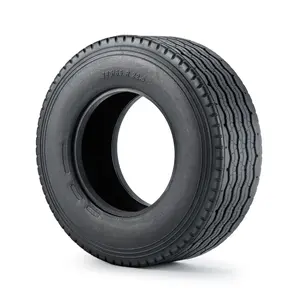


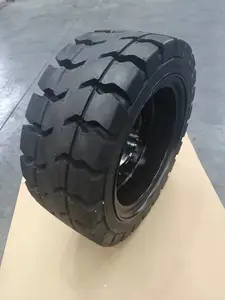



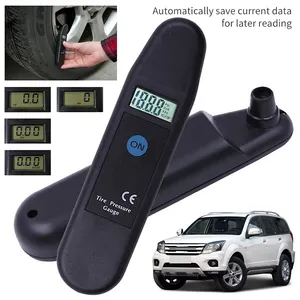


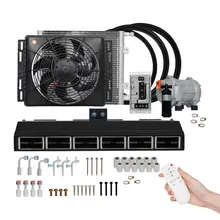
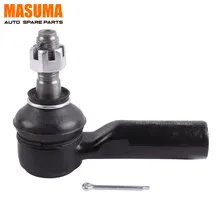

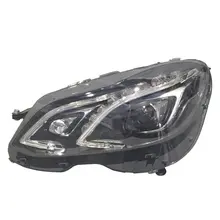
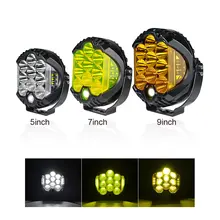




























 浙公网安备 33010002000092号
浙公网安备 33010002000092号 浙B2-20120091-4
浙B2-20120091-4